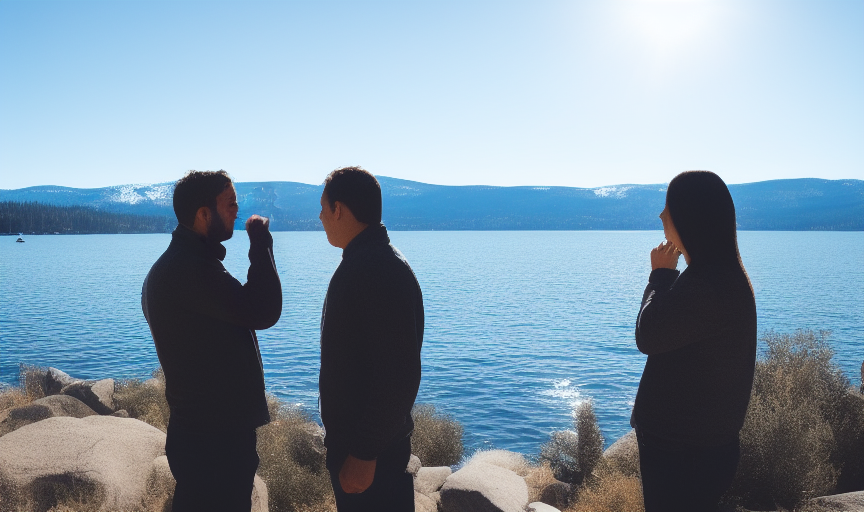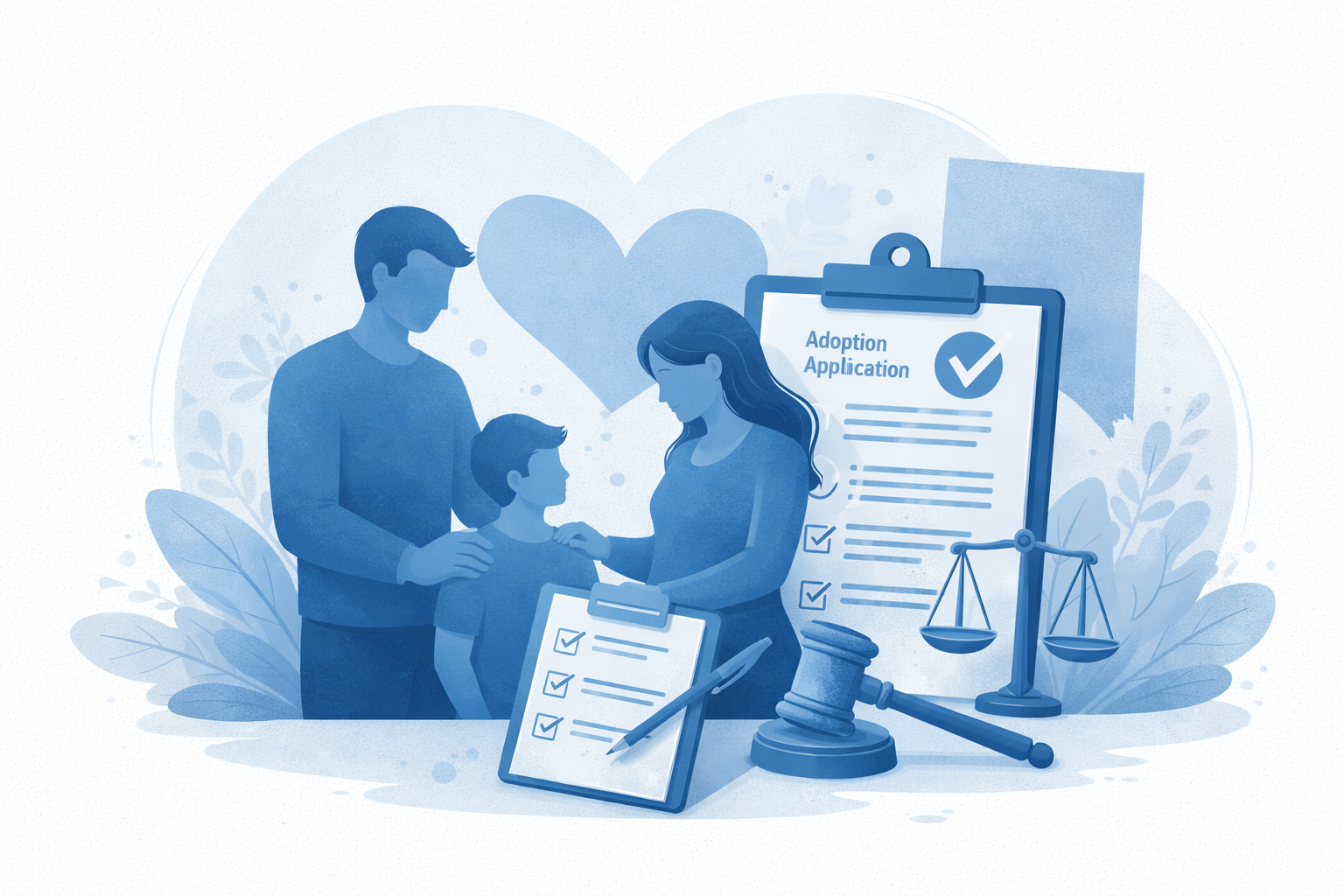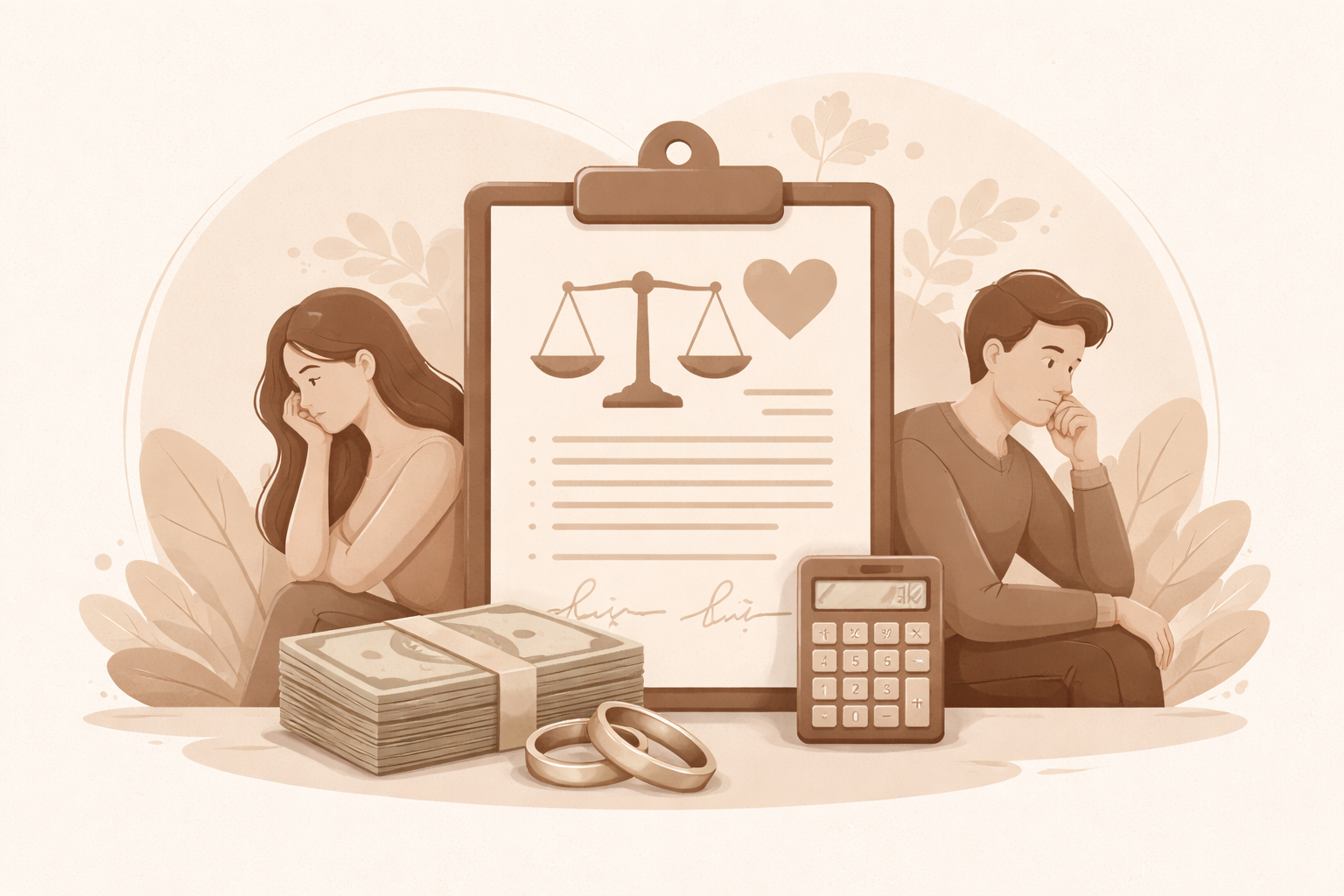Hearsay Laws

As a prospective client, it is important for you to understand the hearsay rule under Nevada law if you are involved in a legal matter where the admissibility of evidence is at issue. The hearsay rule is a legal principle that governs the admissibility of out-of-court statements in court proceedings. Nevada law defines hearsay as a statement made outside of court that is offered in court as evidence to prove the truth of the matter asserted in the statement.
The general rule is that hearsay is inadmissible as evidence in court unless it falls within a recognized exception. The purpose of the hearsay rule is to ensure that the evidence presented in court is reliable and based on firsthand knowledge, rather than secondhand information that may be inaccurate or unreliable.
Nevada's hearsay rule is codified in NRS Chapter 51. The defining statute NRS 51.035 describes hearsay as "a statement offered in evidence to prove the truth of the matter asserted."
Nevada recognizes a number of exceptions to the hearsay rule. Some of the most commonly used exceptions include:
- Statements Against Interest: Statements made by a declarant that are against their own interest at the time the statement was made are generally admissible as an exception to the hearsay rule. For example, if a person confesses to a crime, that confession may be admissible as evidence against them. NRS 51.345
- Dying Declarations: Statements made by a declarant who believes they are about to die are admissible as an exception to the hearsay rule. For example, if a person is fatally injured in a car accident and tells someone at the scene who caused the accident, that statement may be admissible in court. NRS 51.335
- Statements of Identification: Statements made by a declarant identifying a person are generally admissible as an exception to the hearsay rule. For example, if a witness identifies a suspect in a lineup, their identification may be admissible in court. NRS 51.035(2)(c).
- Business Records: Business records, such as invoices or receipts, are generally admissible as an exception to the hearsay rule if they were created in the regular course of business. NRS 51.135; see also NRS 51.125; NRS 51.145; NRS 51.155; NRS 51.215.
- Excited Utterances: Statements made by a declarant in the heat of the moment, when they are still under the influence of the emotions of a startling event, are generally admissible as an exception to the hearsay rule. NRS 51.095.
It is important to note that even if a statement falls within one of the recognized exceptions to the hearsay rule, it may still be subject to exclusion if it is deemed unreliable or unfair to the opposing party.
In conclusion, understanding the hearsay rule is important for anyone involved in a legal matter where evidence is at issue. While hearsay is generally inadmissible in court, there are a number of exceptions that may allow it to be admitted. If you are involved in a legal matter in Nevada, it is important to consult with an experienced attorney to ensure that your rights are protected and that any evidence presented in court is admissible under the appropriate legal principles.



